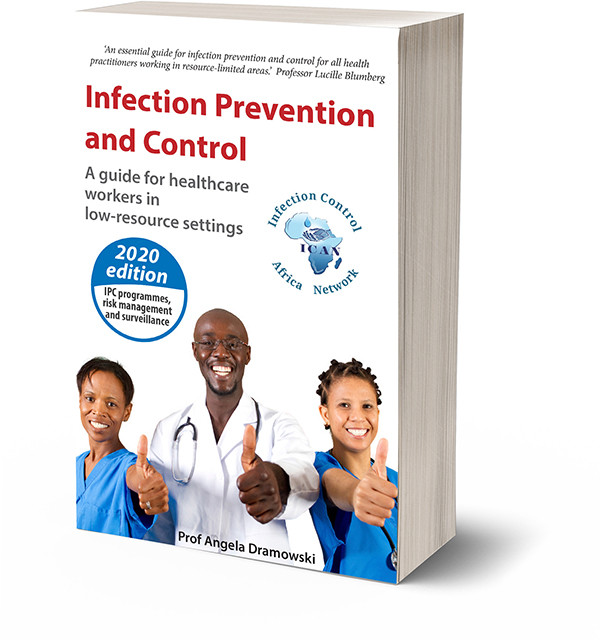Quiz 4: How to help mothers with mental distress
Please choose the one, most correct answer to each question or statement.
- Why is the time around pregnancy particularly stressful?
- It is a natural thing so it is not stressful
- It could be embarrassing and stressful if your waters broke and you were out shopping
- It is a life transition and adapting to change can be stressful
- A fetus growing inside puts stress on your bones and muscles
- Why is a good relationship between mother and care provider important?
- Mothers will be happier to clean up after themselves if they make a mess during delivery
- Mothers are less likely to complain
- It makes it easier to tell a mother that she needs a Caesarean section
- Compassionate care from the care provider can influence the mother emotionally and physically
- Which of the following factors influence emotion?
- Whether a woman has children or not
- A woman’s level of school education
- The day of the week
- Crime
- Which of the following are positive influences for a mother during pregnancy?
- An unplanned pregnancy
- Feeling nauseous
- Only smoking in moderation
- A supportive social network
- Which of the following have a negative emotional influence on a mother during pregnancy?
- Having an increased appetite
- Positive reaction from important people
- Relationship problems with partner
- Improved sex life
- An example of ‘de-personalisation’ is:
- Denying personal attention
- Referring to someone as ‘patient’ or by a number
- Disobeying the person in charge
- Adding your personal thoughts to client notes
- What negative emotions might a mother feel after the birth of her baby?
- Exhaustion and detachment
- Sense of caring and commitment
- Hope for the future
- Fear of labour
- What physical factors may negatively influence how a new mother feels?
- Weight loss after birth
- Incontinence
- Improved comfort in bed
- Greater mobility due to being postpartum
- The terms ‘fight’ and ‘flight’ refer to behaviours that:
- Express feelings in a positive way
- Express feelings in a neutral way
- Express feelings in a negative way
- Don’t express feelings, they are about hitting and running
- What are some of the potential consequences of abuse of women during childbirth?
- No negative consequences
- Fewer women wanting a Caesarian section
- Post-Traumatic Stress Disorder
- Decreased maternal mortality
- What stressful factors at work affect care providers?
- Absenteeism by colleagues
- Being able to take sick leave
- Being able to take annual leave
- Being able to take maternity leave
- What stressful personal life factors influence care providers?
- Supportive partner
- Children performing well at school
- Predictable public transport
- Poor health
- When women are distressed, they need:
- 24 hours of bed rest
- Someone who listens to them
- Advice
- To be told that everything will seem better in time
- The term empathy means:
- The same as sympathy
- Feeling sorry for someone
- Feeling pity for someone’s suffering
- Understanding someone’s emotions even though you have not experienced them
- What are some of the personal qualities of someone who engages empathically?:
- Disrespect for others
- Being judgemental
- Sharing confidential information
- Being genuine
- The term ‘positive regard’ means:
- Giving your best wishes
- Looking forward to activity
- Looking in the mirror and feeling good about yourself
- Showing acceptance, respect and support
- Which of the following are basic skills for empathic engagement?:
- Give feedback and instructions
- Provide advice on problems
- Rephrase and summarise
- Watch what your client is doing but don’t say anything at all.
- Which of the following are examples of non-verbal communication?:
- Repeating what the mother says in her own words
- Repeating what the mother has said in your own words
- Asking open questions
- Yawning
- How do you affirm, support and normalise feelings?:
- Ask for clarification
- Tell the client what they have done well
- Express shock when they tell you something bad has happened to them
- Sympathising by telling them you are sure things will get better in time
- Why do you need to get feedback?
- Helps you to check if you understand each other
- Helps her to get more information
- Helps to make food parcels for those who are hungry
- Helps you to give back to your community

